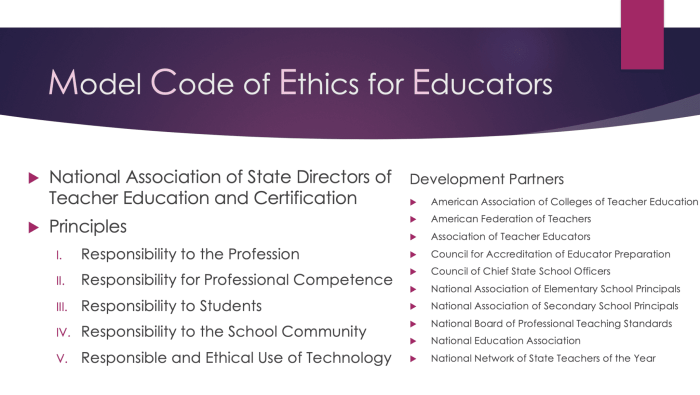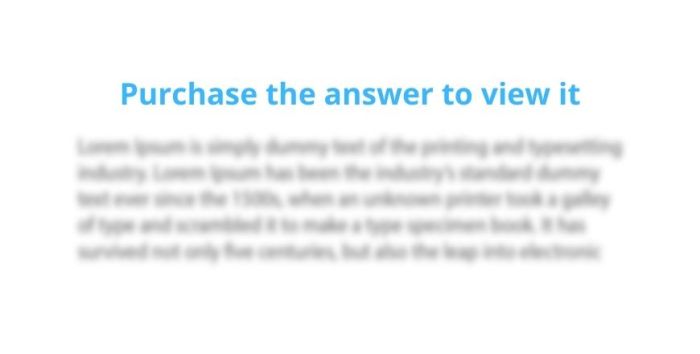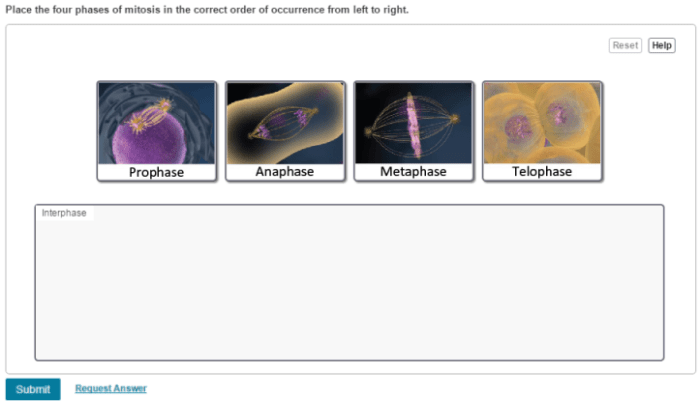Welcome to our comprehensive guide on the College of Education Ethics Quiz GCU Answers. This resource is designed to provide educators with a deeper understanding of the ethical principles that guide their profession and equip them with the tools to navigate ethical dilemmas effectively.
As educators, we hold a significant responsibility in shaping the minds and hearts of our students. Our ethical conduct plays a pivotal role in creating a positive and supportive learning environment where students can thrive. This quiz serves as a valuable tool for educators to assess their ethical understanding and identify areas for growth.
College of Education Ethics

Educators are entrusted with the responsibility of guiding and shaping the minds of young individuals. To ensure the ethical and responsible conduct of educators, the College of Education has established a set of ethical principles that guide their professional practice.
These principles include:
- Respect for the dignity and rights of all individuals
- Commitment to the well-being of students
- Integrity and honesty in all interactions
- Professionalism and accountability
- Social justice and equity
Educators may face ethical dilemmas in their professional practice, such as:
- Conflicts of interest
- Confidentiality and privacy issues
- Bias and discrimination
- Bullying and harassment
- Student discipline
When faced with ethical dilemmas, educators should:
- Identify the ethical issues involved
- Consider the potential consequences of different actions
- Seek guidance from colleagues, mentors, or supervisors
- Make a decision that is consistent with ethical principles and values
GCU Ethics Quiz
The GCU Ethics Quiz is a tool designed to assess students’ understanding of ethical principles and their application in educational settings. The quiz consists of multiple-choice questions that present ethical dilemmas and require students to identify the most ethical and defensible answer.
The quiz covers key concepts such as:
- Ethical principles
- Ethical decision-making
- Professional responsibilities
- Diversity and inclusion
- Social justice
Analyzing Quiz Answers, College of education ethics quiz gcu answers
Critically analyzing the answers to the GCU Ethics Quiz is essential for students to develop their ethical reasoning and decision-making skills. Students should:
- Identify the ethical principles that are relevant to the question
- Consider the potential consequences of each answer choice
- Determine which answer is most consistent with ethical principles and values
- Justify their reasoning in a clear and concise manner
Ethical Implications
The use of the GCU Ethics Quiz as a tool for assessing ethical understanding has potential ethical implications. While the quiz can provide valuable insights into students’ ethical reasoning, it is important to consider the following:
- The quiz may not fully capture the complexity of ethical decision-making in real-world settings
- The quiz may create anxiety or stress for students who are concerned about their performance
- The quiz may be biased towards certain ethical perspectives or values
It is important for educators to use the GCU Ethics Quiz in a thoughtful and responsible manner, considering its potential benefits and limitations.
Detailed FAQs: College Of Education Ethics Quiz Gcu Answers
What is the purpose of the GCU Ethics Quiz?
The GCU Ethics Quiz is designed to assess educators’ understanding of ethical principles and their ability to apply these principles to real-world scenarios.
What key concepts are covered in the quiz?
The quiz covers a range of ethical concepts, including confidentiality, cultural sensitivity, fairness, and professionalism.
Why is it important to critically analyze the answers to the quiz?
Critically analyzing the answers helps educators identify their strengths and weaknesses in ethical decision-making and allows them to develop a more nuanced understanding of ethical issues.


